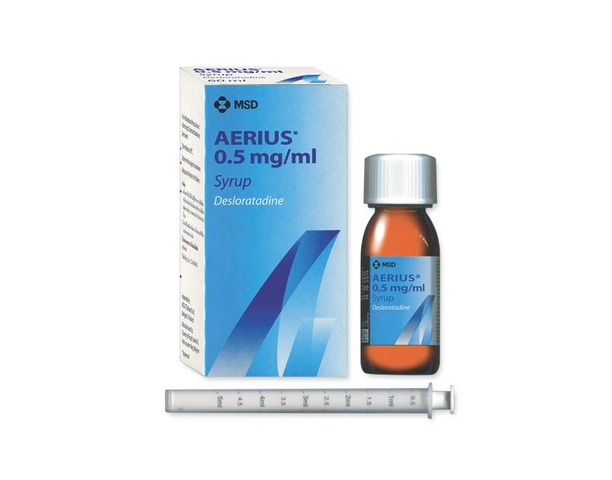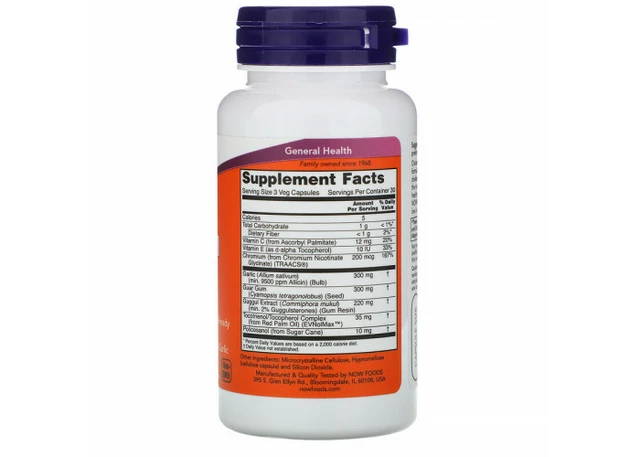Heartburn relief: fast tips that actually help
Heartburn hits at the worst times. You want quick relief and simple steps that don’t make things worse. Here are straight-forward, practical actions you can take right now and habits to stop it coming back.
Quick fixes for immediate relief
Sit up straight and loosen your belt. Gravity helps the acid move away from your throat. Sip room-temperature water — small sips can dilute stomach acid and ease the burn.
Over-the-counter options that work fast: chewable antacids (calcium carbonate) neutralize acid within minutes. Alginate-based products (like Gaviscon) form a foam barrier that can stop acid from rising. H2 blockers (famotidine) take a bit longer but can reduce acid for several hours. If you use PPIs (omeprazole), remember they work best taken 30–60 minutes before a meal and are for ongoing control, not instant relief.
Use these meds as directed on the label. Don’t mix too many at once — follow dosing instructions and talk to your pharmacist if you’re unsure.
Small lifestyle changes that actually lower heartburn
What you do daily matters. Eat smaller meals and avoid lying down for at least two to three hours after eating. Big, late dinners are a common trigger. Cut back on spicy foods, fried meals, chocolate, peppermint, citrus, and tomato-based sauces if they bother you.
Lose weight if you’re overweight — even a small drop in weight often eases reflux. Quit smoking and limit alcohol; both relax the lower esophageal sphincter and make reflux more likely. Sleep with your head elevated 6–8 inches or try sleeping on your left side — both reduce nighttime reflux.
Check your meds. Some prescription drugs (NSAIDs, certain blood pressure meds, and some diabetes meds) can worsen reflux. Don’t stop prescriptions on your own; ask your doctor for alternatives.
Home remedies? Ginger tea or sucking on a piece of ginger can settle the stomach for some people. Baking soda will neutralize acid but use sparingly and avoid it if you’re on a low-sodium diet or pregnant.
When should you see a doctor? If heartburn is frequent (twice a week or more), waking you at night, causing trouble swallowing, causing weight loss, or bringing up blood or black stools — get medical help. Those signs need a doctor’s evaluation and possibly tests like endoscopy or prescription treatment.
Long-term use of PPIs helps many people with chronic reflux but has risks if used without oversight. Talk with your doctor about the lowest effective dose and regular check-ins.
If you want a quick checklist: smaller meals, avoid triggers, sit up after eating, try an antacid or alginate for instant relief, and see a clinician for frequent or severe symptoms. Little changes often make a big difference.
Need more tips or help choosing an OTC option? Ask your pharmacist or check reliable guides on RXMedicin for clear, practical info tailored to common meds and supplements.
 18 April 2025
18 April 2025
Esomeprazole Alternatives: 6 Real Options You Should Know About
Looking for alternatives to esomeprazole? This guide breaks down six real options for treating acid reflux, heartburn, and GERD, including how they work, key pros and cons, and helpful tips. If esomeprazole isn’t cutting it or your doctor recommended a change, you’ll get clear info on each alternative. The article uses direct comparisons to make the choice easier, and even throws in some facts you probably didn’t know. By the end, you’ll feel much more confident about talking over your options with your doctor.
Latest Posts
-

Elderly Dehydration and Diuretics: How to Protect Kidneys and Prevent Hospitalization
-

Aloe Vera for Fast Dermatitis Relief: Natural Healing Benefits
-

Understanding the different forms of Desloratadine: Tablets, syrup, and more
-

How to Buy Cheap Generic Accutane (Isotretinoin) Online Safely
-

Policosanol: The Dietary Supplement That's Making Waves in Cardiovascular Health

19